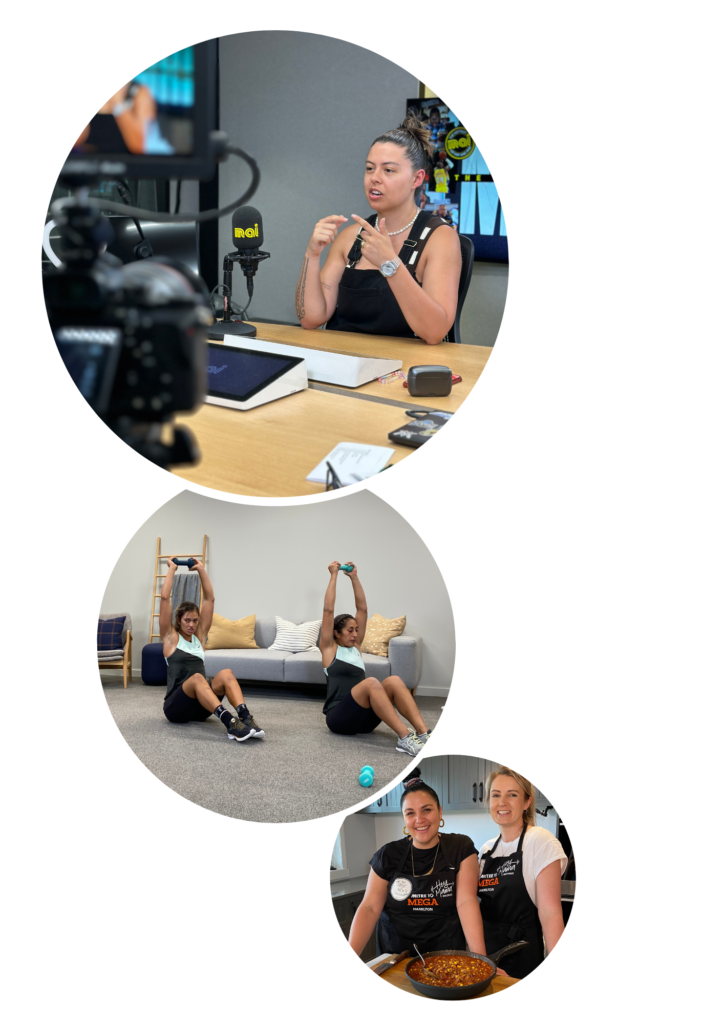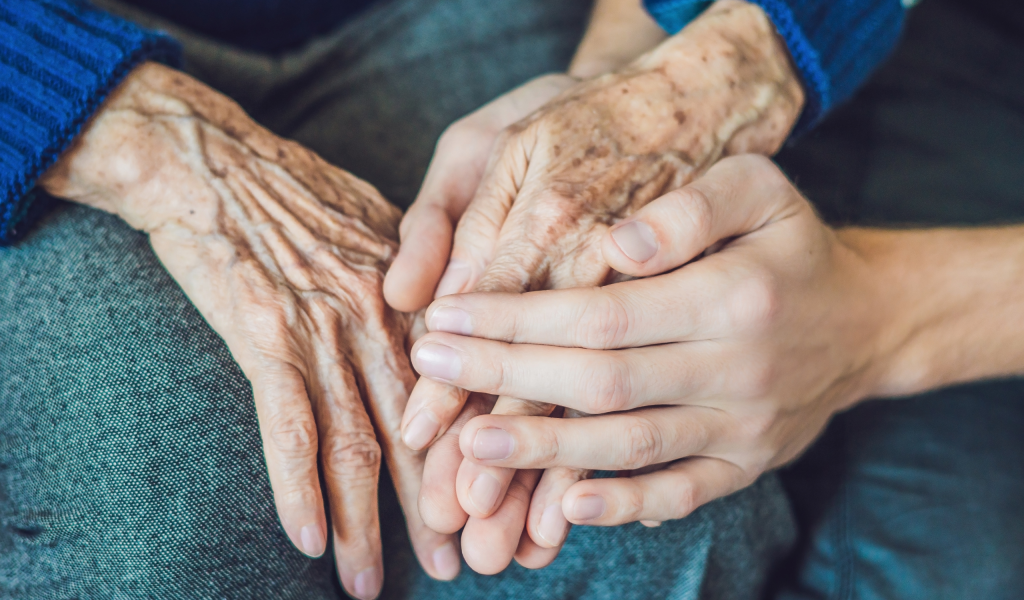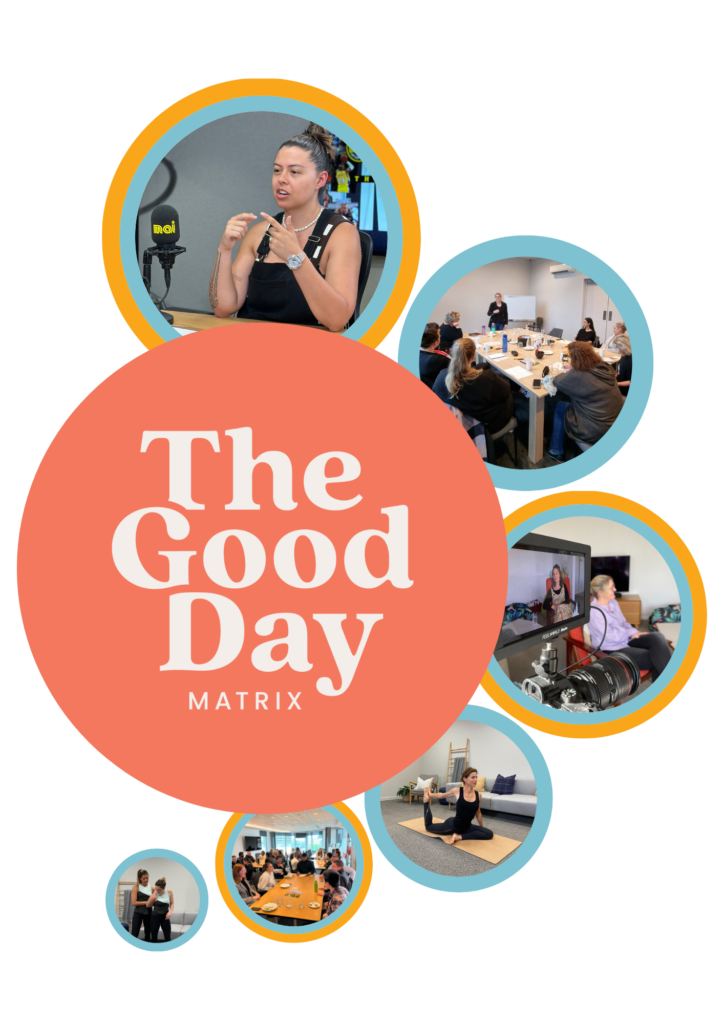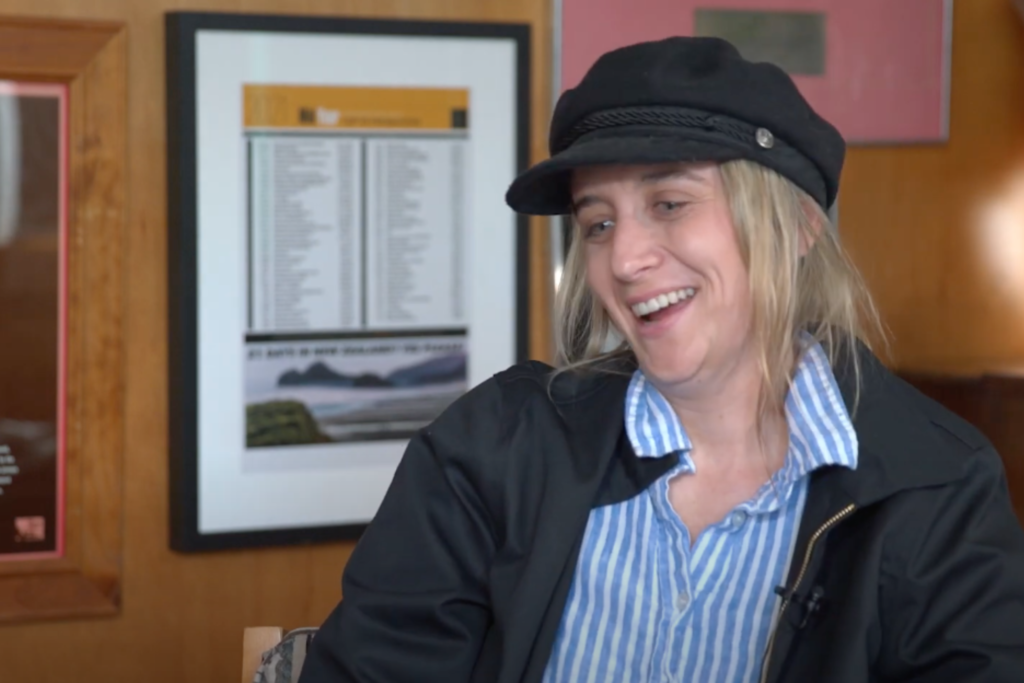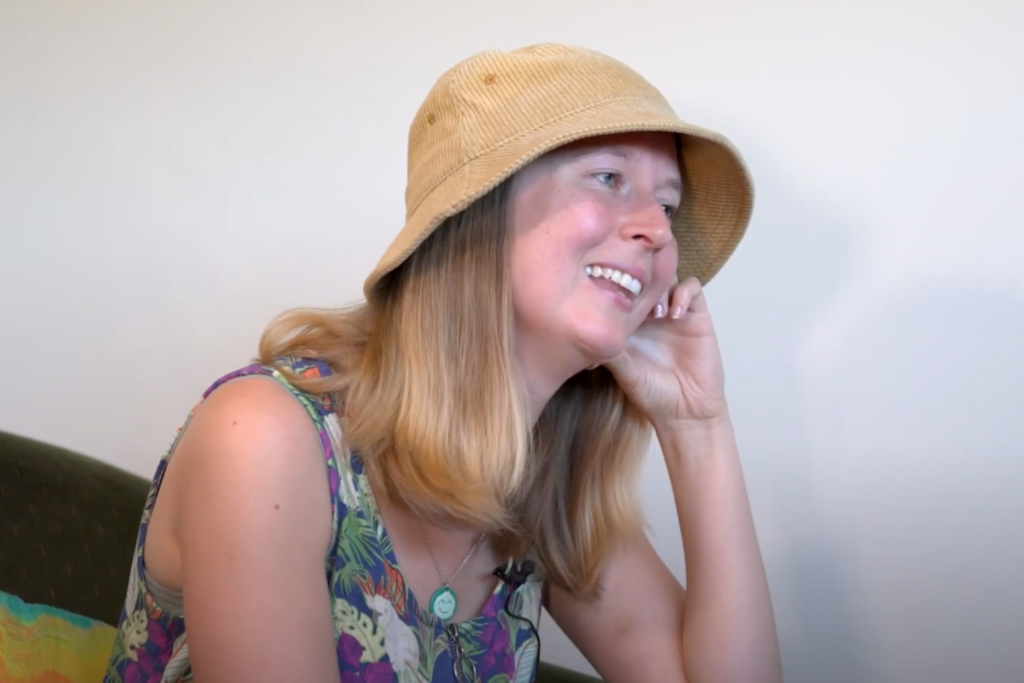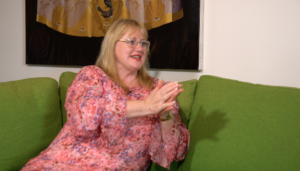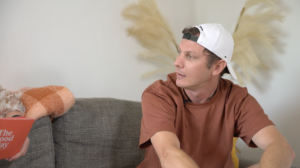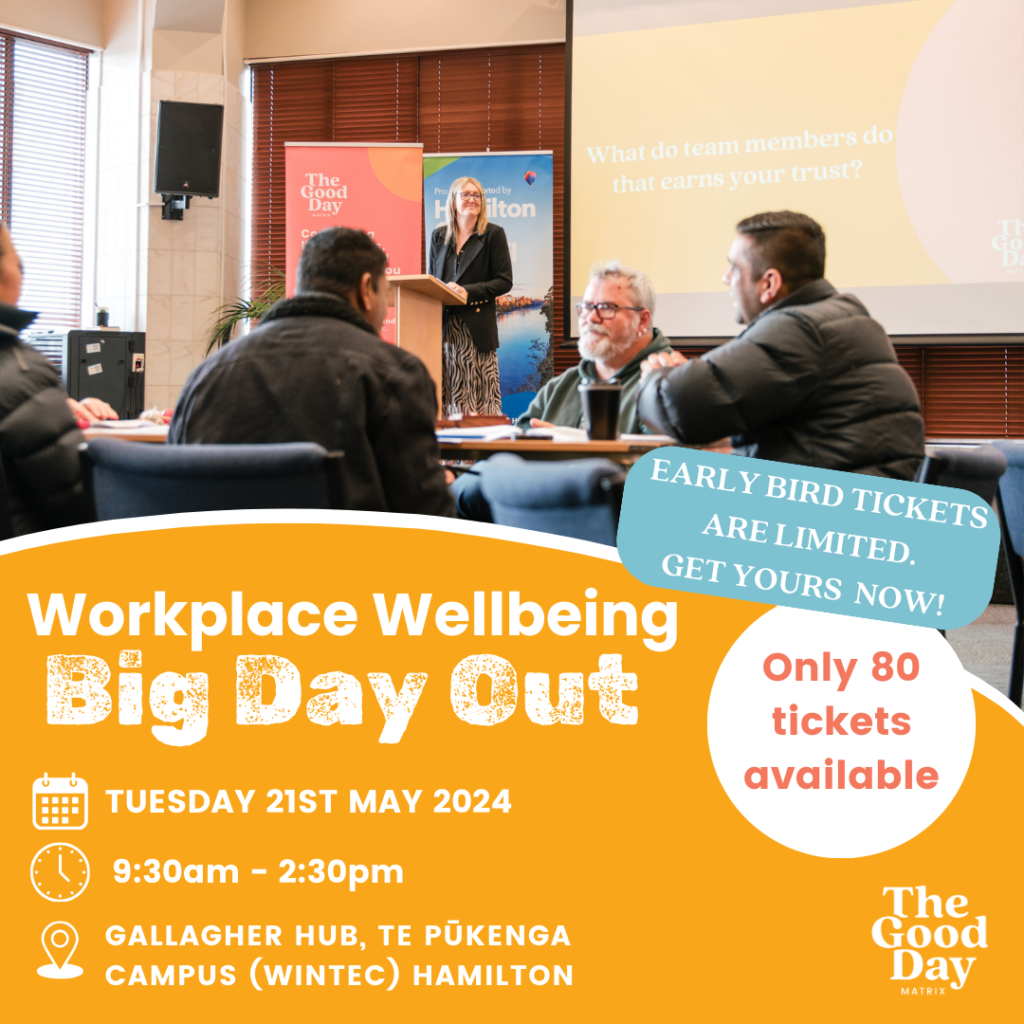Written by Craig
My journey through the loss of my Mother and the power of kindness.
My Mum
Rosalie was living her best life. She was 80 and living it up in a beautiful two bedroom retirement complex apartment in Milford on Auckland’s North Shore. Still independent, still driving, still shopping (never enough outfits or shoes). She was a key member of the apartment community and offered support to a number of the residents. Most of all she was mum to me and my two sisters and Nan to her seven grandchildren. She loved us and we her.
In October 2020 mum was getting a little bit wobbly on her feet, something you kind of expect and brush off with people in their 80’s. One day she had a fall in the shower, nothing dramatic and fortunately my sister was there to help her. She was a bit sore so my sister took her to the doctor who ordered an ultrasound to see what was going on.
Too Fast
The results came back and our world turned on its head. Masses were found in her liver.
Masses. What a word. So non-descript yet so ominous.
More tests were ordered and I took her for a CT scan at North Shore Hospital with a follow up consult a week later. Cancer was the diagnosis and unfortunately, scans showed it had spread beyond her liver and the primary source could not be found.
Most of the time when cancer is found in the liver it didn’t start there. It spread there (metastasized) from somewhere else in the body. Because the cancer has spread from where it started, it’s called a secondary liver cancer.
Up until October mum had shown no signs of ill health. None of us could have imagined that in 4 weeks’ time she would pass away.
Cancer
Factors such as the type of cancer, source, when it was detected (i.e. at what stage) and the patient’s age can all have quite significant impacts on their outcome. There are some truly wonderful people working on this and making significant strides. Some interesting statistics from Cancer Research UK
- Half (50%) of people diagnosed with cancer in England and Wales survive their disease for ten years or more (2010-11).
- Cancer survival is higher in women than men.
- Cancer survival is improving and has doubled in the last 40 years in the UK.
- Cancer survival is generally higher in people diagnosed aged under 40 years old, with the exception of breast, bowel and prostate cancers, where survival is highest in middle age.
So cancer is survivable, albeit with some damn hard work. But in mum’s case it was just too far along.
Cancer is a complex topic for which there is significant research that I won’t profess to understand.
The following sites are particularly good in explaining in simple terms what’s going on and what can be done.
New Zealand:
https://www.cancer.org.nz/cancer/
US:
https://www.cancer.org/cancer/liver-cancer/if-you-have-liver-cancer.html
The Options
Mum lived in a retirement complex that fortunately had a separate high needs care ward. She’d seen a few of her dear friends make the trip from the apartments to the ward and now it was her turn to see what it would be like. It was fine but she would be moving from a modern apartment full of mum’s personality to a single bedroom devoid of character. We could bring over some of mum’s furniture and photos to make it more homely, but hell it nearly broke me.
Unfortunately, mum’s condition quickly worsened and after a week in the hospital what she really needed was palliative care – now there’s a new term that I had to quickly understand.
That meant Hospice.
Hospice
Mum worked for Hospice for years after retiring. She and her good friends sorted, washed, folded, cleaned, racked and stacked all the goods that got donated to their shop. But I still didn’t have a good understanding of what Hospice offered.
I knew it was where really sick people go to die and in my ignorance, I imagined a long ward of beds, separated by curtains with sick sick people. Like something from a Dickens novel.
I could not have been more wrong.
Hospice have a series of individual rooms for their patients each with an ensuite, enough room for friends and family to visit and even a fold-out bed so you can stay with your loved one.
Their primary purpose is to make their patient’s passing as dignified, calm and comfortable as possible with nurses addressing any pain and hygiene needs.
Hospice have set up their facility with the families and patients in mind. Family could visit whenever we wanted, stay over, retire to a lounge for time out or to just cry.
A steady stream of friends were also able to come and say their goodbyes, but more importantly remember the old days. It seems strange but in the seven days mum was in Hospice there was a lot of laughter. Having time to spend with family and lifelong friends reminiscing about the old days is a true treasure I’ll never forget.
Angels
Bricks and mortar are just that, inanimate objects. The heart and soul of Hospice are the nurses and caregivers – Angels all of them. I still don’t understand how they do it, they are mentally and emotionally strong women.
There’s a stark difference between nurses in the hospital and those at Hospice, but that’s by design. Hospice nurses have a very specific remit to work within. They’re not there to make patients better, they are there to ease their journey and they do it in such a beautiful way. They get to know the patient and the family, they answer questions, are respectful and are not intrusive. They know that caring for the family is as important as caring for the patient. Homemade biscuits and muffins were always on tap.
There’s none of the impersonal hospital bustle and noise, things just happen in a calm and courteous manner. They guide your hand through the process as much as they guide the patient. They take the noise away and allow the families and the patient to focus on what’s important – being there for each other.
The End
As mum got worse and neared the end the obvious question is to try and understand what happens when someone dies. We’ve all seen it on TV, but that’s fake – really, it’s fake.
These angels have got you covered. They have a pamphlet on the topic and they discuss the process with you in a realistic but sensitive way. I can’t recall if they talked to mum about it, but I’m sure they did. Imagine the strength you’d need to have those sorts of discussions.
After exactly one week in Hospice, I got a call from my sister to get over there quick. Mum was in the final stage and death was imminent. We three sat with her for a few hours holding her hands and saying our final goodbyes until she finally faded away. In its own way, it was beautiful and I’m thankful that we were there until the end.
Thanks to our Hospice angels we were as prepared as we could have been, but it still hurts.
At this point, the resident doctor comes and certifies that death has occurred (a legal requirement) and then the nurses again manage the situation. They clean and prepare the body for transport to the funeral home of your choice – yes as part of the process you’ve already made that decision.
There’s no rush, you can spend as much time as you want. Eventually, we said our final goodbyes and had to hand her over to the funeral home, and then it’s over. All that’s left is your loss and your thoughts.
We thanked the Hospice angels and left what felt like a second home even though we were only there for seven days. It was over. Four weeks from diagnosis to death, I still struggle to wrap my head around that.
Summary
In some ways we were lucky to have that time with mum in such a loving and supportive environment, knowing that mum’s pain was managed and that she was going to pass with dignity. This was all made possible because of what Hospice do and how they do it.
Hospice has been offering this incredible (free) service nationwide since 1986 and is a critical part of our community that just quietly goes about its business.
It’s not a service you ever think that you’ll use and in fact, you may never, but should you find yourself in the position we did, you couldn’t be in better hands. I strongly encourage you to support them through donations (goods or money) and by supporting their nationwide network of shops – mum always found good deals.
In Hospice’s own words:
Many people think of hospice as just a building, when in fact it is a philosophy of care. The hospice philosophy places equal importance on the physical, spiritual, cultural, emotional and social well-being of a person living with a life-limiting condition.
Anyone with a terminal illness, not just cancer, can access hospice care and support. People with life-limiting conditions such as multiple sclerosis, lung failure, motor neurone disease or dementia can benefit from palliative care.
Whilst Hospice care is primarily focused on the person who is dying, services are also for the family and whanau both before and after their loved one has died.
Everything we provide is free of charge. As an essential health service the majority of funding comes from Government, the remainder comes from community fundraising. Each year hospices must raise over $77M nationally.
https://www.hospice.org.nz/get-involved/make-a-donation/
https://www.hospicewaikato.org.nz/locations-hours
Advice For Everyone:
Make contact with your loved ones, give them a hug, tell them you love them, resolve conflicts, laugh. You never know what’s around the corner.
Do it now.
Advice For Those With Terminally Ill Family or Friends
Don’t fear the Hospice decision. They know how to make this process as comfortable as possible and the people that look after your loved one are truly angels.
Find out more about hospice before you need to make the decision. It’s an easier decision when you’re informed.
